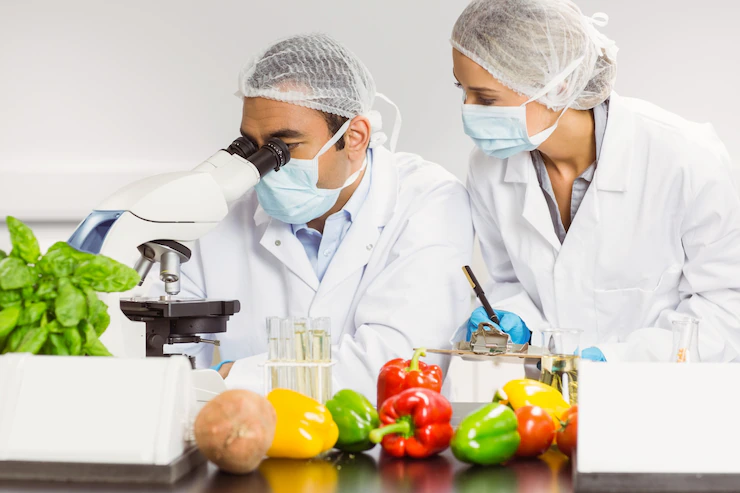Traceability systems play a crucial role in ensuring food safety and quality throughout the entire food supply chain. These systems allow for the tracking and documentation of the movement of food products, ingredients, and raw materials from their origin to the point of sale or consumption. By providing accurate and reliable information about the origin, handling, and distribution of food, traceability systems offer several important benefits in safeguarding the integrity of the food supply.
- Food Safety: Traceability systems help identify the source of contamination or foodborne illnesses quickly. In the event of a food safety issue or outbreak, authorities can trace the affected products back to their source, enabling targeted recalls and minimizing the impact on public health. Rapid identification and removal of contaminated products from the market help prevent further spread of diseases and protect consumers.
- Quality Assurance: Traceability systems allow for better quality control throughout the supply chain. By monitoring the movement of products and tracking key information such as production methods, storage conditions, and transportation details, companies can identify and rectify any quality issues that may arise. This enables proactive measures to maintain and improve product quality, reducing the likelihood of customer complaints, product recalls, and reputational damage.
- Supply Chain Efficiency: Traceability systems provide transparency and visibility into the supply chain, improving overall efficiency. Companies can identify bottlenecks, optimize logistics, and streamline processes based on real-time information. By having accurate data on the movement of goods, companies can reduce waste, improve inventory management, and make informed decisions to enhance productivity and reduce costs.
- Regulatory Compliance: Traceability is often a legal requirement in many countries and regions. Compliance with regulations related to food safety, labeling, and origin is facilitated through the implementation of traceability systems. By accurately documenting the flow of goods and maintaining records, companies can demonstrate their adherence to regulatory standards, avoiding penalties and legal complications.
- Consumer Confidence and Trust: Traceability systems contribute to building consumer confidence in the food they purchase. With increased public awareness and concern about food safety, consumers are demanding more information about the products they buy. By providing transparent and reliable information about the origin, production methods, and handling of food, traceability systems empower consumers to make informed choices. This transparency fosters trust in the food industry and enhances the reputation of businesses that prioritize food safety and quality.
Overall, traceability systems have a significant impact on ensuring food safety and quality. They enable swift and targeted responses to food safety incidents, enhance quality control, improve supply chain efficiency, facilitate regulatory compliance, and build consumer trust. Implementing robust traceability systems is crucial for companies operating in the food industry to mitigate risks, protect public health, and maintain competitiveness in a global marketplace.







